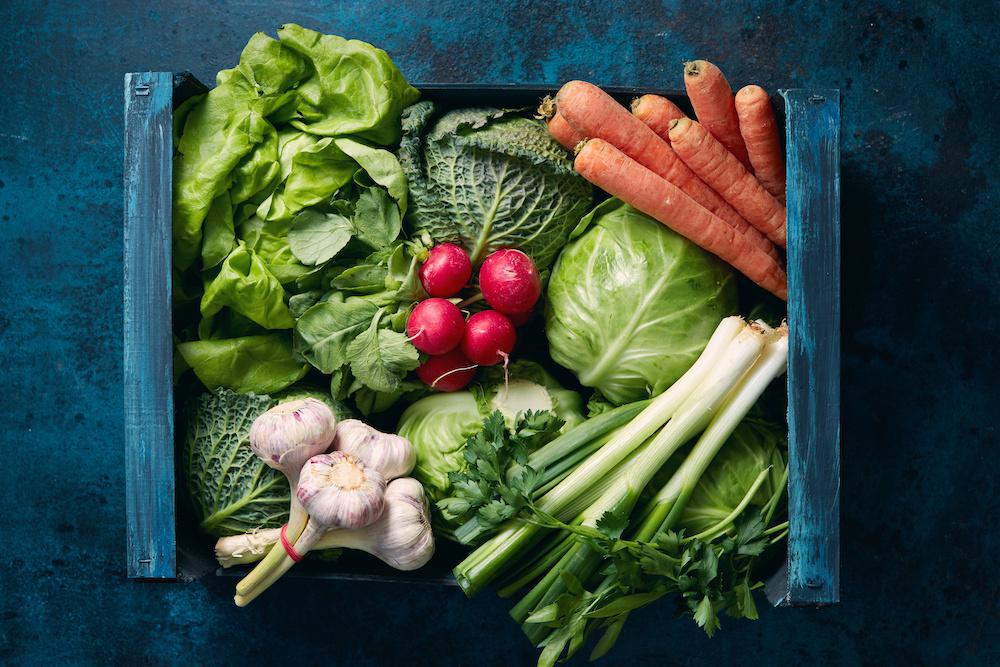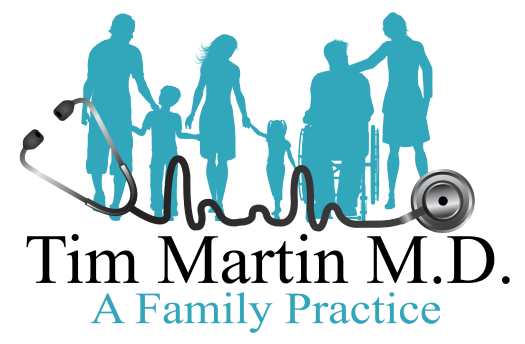
Are you one of the 80 million Americans who suffer from high blood pressure? If so, you probably wish you could do something to positively impact your blood pressure and overall health. Tim Martin M.D. assists patients in the Abilene, Texas, area live healthier lives with lower blood pressure.
Our team of care providers understands how dangerous chronic high blood pressure is, and we want to help. As a highly-skilled primary care doctor, Dr. Martin works with you to manage cardiovascular health and improve blood pressure
To help you start on the path to better cardiovascular health, we’ve identified key changes you can make in your diet for healthier blood pressure. Read on to learn more!
Why should I be worried about high blood pressure?
Chronic high blood pressure, or hypertension, is cause for concern because it is correlated to more serious medical conditions, like heart disease and stroke. The worst part? Hypertension can take years to develop and usually doesn’t have any noticeable symptoms as it damages your heart and blood vessels. That’s why doctors sometimes call it the “Silent Killer.”
To stay ahead of hypertension, it’s important to have your blood pressure evaluated at your routine physical exam at least once a year. And if Dr. Martin tells you your blood pressure is high, don’t wait! Begin taking action right away to prevent further damage to your cardiovascular system.
How is my diet linked to blood pressure?
Being overweight or obese dramatically increases your risk of having high blood pressure. When you carry extra pounds, your heart has to work harder to circulate blood throughout your body. The harder it must work, the more force it has to use to pump your blood, causing your blood pressure to rise.
Changing your diet is one of the best ways to help lower your blood pressure numbers. This is because healthy eating helps you lose weight. And losing weight has the biggest effect on people who have hypertension and are overweight.
What dietary changes can I make for healthier blood pressure?
What you eat has a huge impact on your heart health and blood pressure. For healthier blood pressure, try incorporating the following heart-healthy tips:
1. Skip the processed foods
If you want to lower your blood pressure, it’s important to skip processed foods. As tempting as these packaged goodies can be, processed foods are loaded with things that make your blood pressure rise, like sodium. Over time, this can cause serious damage to your cardiovascular system.
Examples of processed foods include lunch meats, sausage, bacon, ham, deli meats, canned foods, dried soup mixes, condiments, frozen and boxed meals and mixes, and snack foods (e.g., chips, popcorn, pretzels, peanuts). If it comes in a box, bag, or packages, think twice before eating it if you’re serious about lowering your blood pressure.
2. Say yes to fruits and vegetables
Fruits and vegetables are your blood pressure’s best friend. Loaded with fiber, vitamins, and minerals you need for heart health, fruits and vegetables help you lose weight and lower your blood pressure numbers. Instead of thinking of fruits and veggies as a side dish, make them the star of your meals.
Aim to eat four to five servings of both fruits and veggies every day. Add them to soups, toss them in salads, cook them into a stir-fry, or blend them in smoothies. Fruits make for delicious snacks and are easy to take with you when you’re on the go.
3. Go for whole grains
Instead of grains made from refined grains, choose pasta, bread, rice, and other carbohydrate-based foods that are made from whole grains instead. Whole grains have more fiber and nutrients than their refined counterparts, and they’re naturally lower in fat. Translation? They’re better for your waistline and your blood pressure.
4. Opt for nuts, seeds, and legumes & beans
Nuts, seeds, and legumes are excellent sources of lean protein, potassium, and magnesium. They also have lots of fiber and are great for phytochemicals, plant compounds that protect you against cardiovascular disease.
Products made from healthy soybeans, like tofu and tempeh, are great alternatives to meat. And you can add other legumes and beans, like black beans, chickpeas, and lentils, to soups, salads, and other vegetable dishes. Nuts and seeds come with healthy types of fat, but since they’re high in calories, it’s important to use them in moderation.
5. Reduce fats and oils
Your body needs fat to help you absorb important vitamins, but too much fat isn’t good for your heart or blood pressure. Limit your fat and oil use as much as possible, and focus on healthier fats that come from plant-based sources, like avocados and olives. Avoid saturated and trans fats, which are found in meat, butter, cheese, milk, cream, and eggs. Read food labels, and choose products lowest in saturated fats.
6. Say no to sugar
You don’t have to totally eliminate sweets, but saying no to refined sugar and sweets most of the time is a good way to lower your blood pressure and lose extra pounds. Refined sugar is linked to many cardiovascular health problems, including hypertension. It’s also added to many processed foods and alcohol, making it hard to avoid.
To keep your heart healthy, say no to sugar as much as possible. To satisfy your sweet tooth, choose options that are sweetened with natural sugars, like fruit. These options also have fiber, which slows the rate at which sugar enters your bloodstream, and other important nutrients.
If you want to learn more about changing your diet for healthier blood pressure, contact our Abilene office to schedule a consultation, or request an appointment online now!
